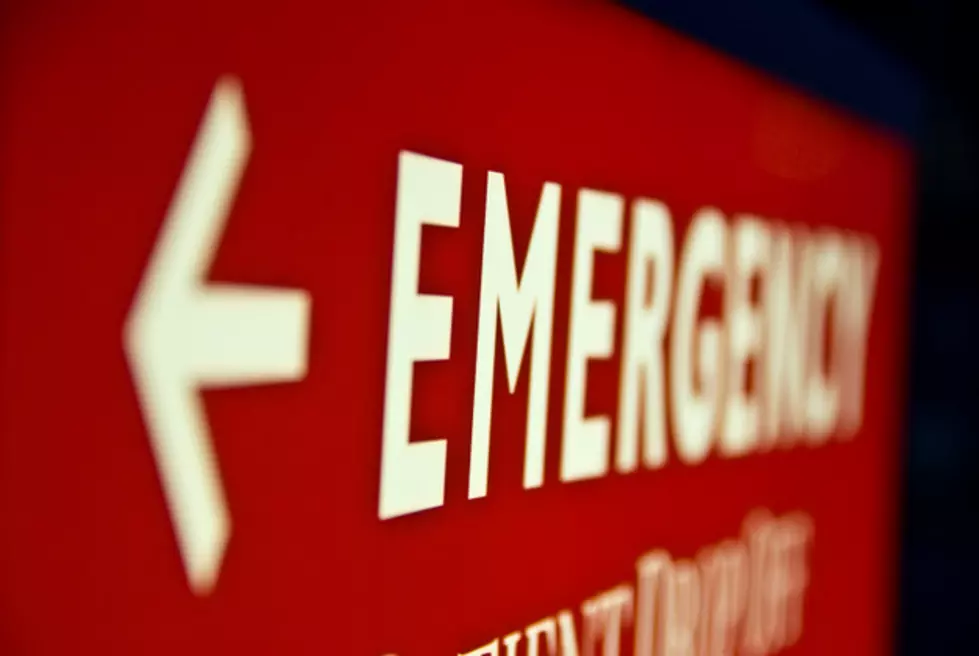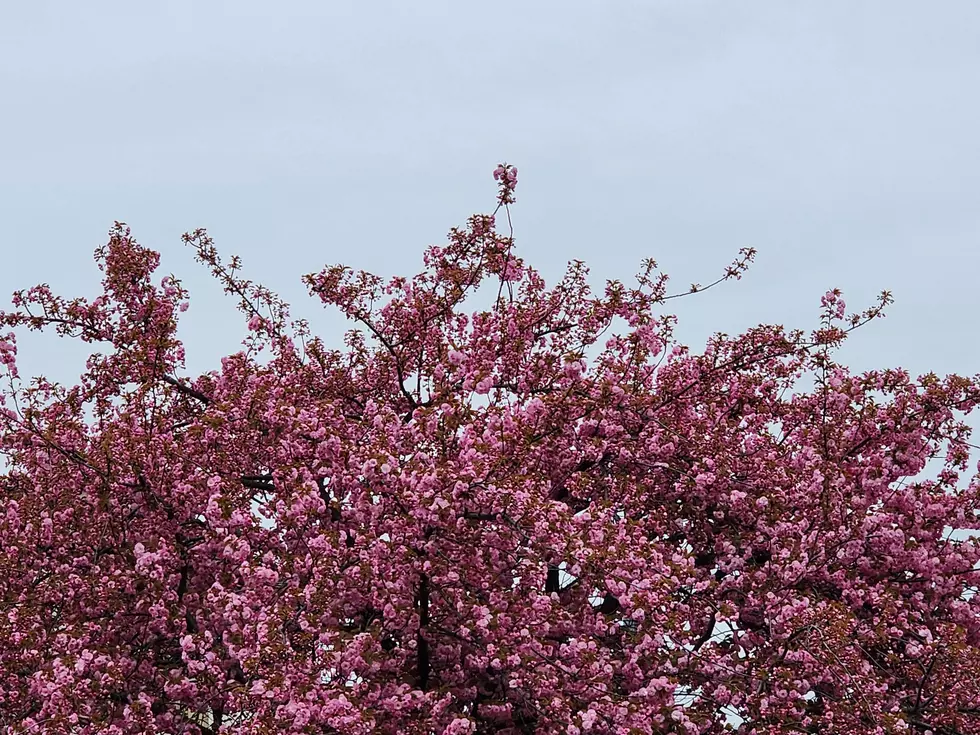
NJ residents warned about ‘tripledemic’ health threat
With everyone spending an increasing amount of time indoors this fall, infectious disease expert Dr. Meg Fisher, who is the New Jersey Acting Deputy Commissioner of Health, says we are beginning to see an uptick in the number of COVID and influenza cases, along with a spike in respiratory syncytial virus (RSV).
“We’re also seeing increases in rhinovirus, in enteroviruses, and we’re beginning to see some parainfluenza virus,” she said.
She pointed out when children start school in the fall they typically pass many viruses back and forth, and can infect members of their own families, but this year presents a more problematic scenario.
Not enough exposure
Fisher explained for the past two years kids have not been exposed to as many illnesses as usual because of pandemic precautions, making them more susceptible to the viruses that are currently circulating.
"We are definitely seeing more children in the hospital. We’re following this very closely to ensure that we have enough beds.”
While the Health Department does not have a specific count yet for the number of children hospitalized in New Jersey with RSV, Dr. Diana Finkel, an associate professor in the Department of Medicine and director of the Infectious Disease Fellowship Program at Rutgers New Jersey Medical School, said there are currently four times as many RSV cases at University Hospital than they normally have.
“I would expect that the flu would be possibly worse this year and COVID has not gone away.”
She said RSV is passed from droplets released into the air when somebody sneezes and, “it could also occur when somebody touches their face after having direct contact with a contaminated surface.”
Protect yourself and your kids
Fisher stressed to prevent the spread of influenza and RSV you and your child should stay home when sick.
“For older children, hand-washing really is important, the youngest children just don’t get that hand-washing bit yet.”
She said it’s important to teach younger kids to sneeze or cough into their sleeve instead of their hand.
“That way the virus is going to be on your shirt and it’s not going to be handed to the next person, if you cover your mouth when you cough, you now have a handful of virus.”
She said for many kids, RSV only causes mild, cold–like symptoms, but infants 6 months and younger, children with asthma, “older children with underlying lung problems will get into trouble with RSV, and of course immunocompromised children can get into trouble with RSV.”
Get vaccinated
Fisher said with flu season starting to heat up and a spike in COVID predicted, it’s important for adults to get vaccinated, but also for their children to do the same.
“Get your children immunized. Flu vaccines, although they don’t totally prevent disease, they really protect your child from hospitalization or getting severe illness.”
There is currently no vaccine for RSV.
As far as venturing out to the movies, a play, or an indoor sporting event, Finkel suggested for many individuals the risk isn’t great but everyone should carefully consider their own situation.
“If you are immune-compromised, have poor lung function, you should continue to use the same common sense methods you’ve been using throughout the pandemic.”
She said that means “avoid very large gatherings, wash your hands and wear a mask.”
David Matthau is a reporter for New Jersey 101.5. You can reach him at david.matthau@townsquaremedia.com
Click here to contact an editor about feedback or a correction for this story.
How is it still standing? Look inside the oldest home for sale in NJ
LOOK: The most expensive weather and climate disasters in recent decades
States with the most registered hunters
More From New Jersey 101.5 FM









